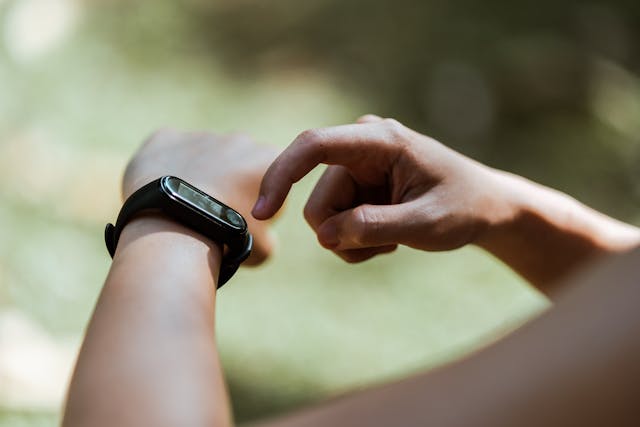Preventive health technologies, such as wrist-worn activity trackers and various health and fitness applications, have become popular tools designed to augment well-being. These devices and apps, equipped to track and analyze personal health data, are lauded for their potential to empower users by providing detailed insights into their physical activities, dietary habits, and overall health. Despite their apparent benefits, a recent study published in the Journal of Consumer Affairs presents a nuanced examination of these technologies, suggesting that the reality of their impact on wellbeing is complex and dual-natured.
The research involved in-depth interviews with 30 individuals who regularly use these preventive health technologies. The study participants represented a diverse group, each employing these tools for various personal health objectives. Some sought to lose weight, others aimed to elevate their athletic performance, some monitored their engagement in pleasurable activities, and a few strived to establish or maintain a healthy lifestyle. This variety of motivations underscores these technologies’ broad appeal and versatility in addressing different health and wellness goals.
Interestingly, the study revealed distinct patterns of user engagement, termed “engagement trajectories,” which varied significantly among participants. A typical trajectory observed was an initial surge in usage, which eventually plateaued as users integrated the technology into their daily routines. Another group exhibited diminishing engagement over time, losing interest after the initial novelty wore off. Conversely, some individuals showed signs of becoming overly reliant on the technology, developing compulsive usage habits that could potentially lead to negative psychological impacts.
The investigators noted that the consequences of engaging with preventive health technologies could be beneficial or detrimental. On the one hand, these tools can promote awareness and foster healthier habits by keeping users informed about their daily health behaviours. On the other hand, they can lead to obsessive behaviours, where constant monitoring becomes a source of stress rather than a means to better health. This compulsive engagement with technology not only disrupts daily life but can also contribute to mental distress and decreased well-being.
The study’s lead author, Lisa Baiwir, a PhD candidate at the University of Liège in Belgium, emphasized the critical implications of these findings. She pointed out that understanding the triggers and consequences of over-engagement is crucial as these technologies become more integrated into our daily lives. This knowledge is essential for developers and designers of health applications, as it highlights the need to create features that promote balanced and healthy use of technology without fostering dependency.
While preventive health technologies promise to improve health outcomes and enhance quality of life, this study highlights the importance of using them judiciously. As they become ever more embedded in our daily routines, users and developers must remain vigilant about the potential pitfalls of technology use. It is imperative that future designs not only enhance functionality but also consider the psychological and emotional well-being of users, ensuring that these tools genuinely contribute to, rather than detract from, overall health and happiness.
More information: Lisa Baiwir et al, Consumer engagement with preventive health technologies: A double-edged sword for consumer wellbeing, Journal of Consumer Affairs. DOI: 10.1111/joca.12603
Journal information: Journal of Consumer Affairs Provided by Wiley








